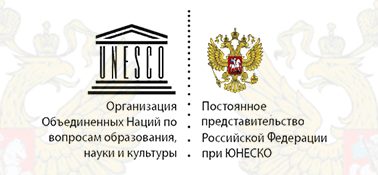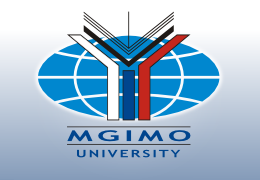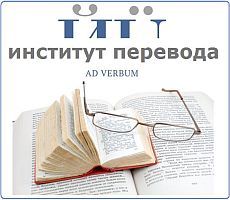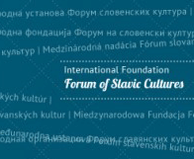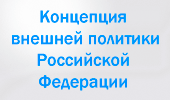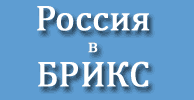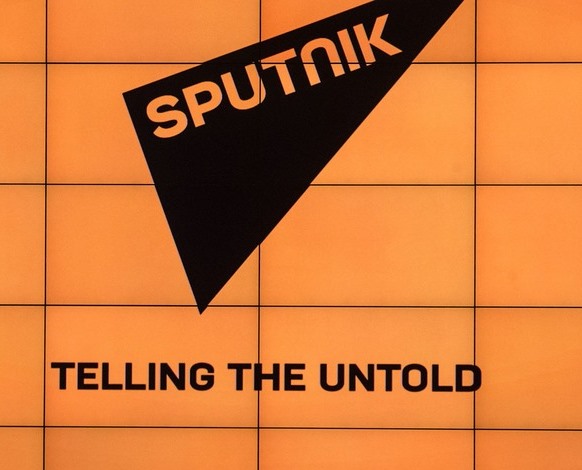I am delighted to welcome you all today to the Executive Board’s Thematic Debate on the theme of “Intercultural Dialogue in 2010 – revisiting policies within the context of a culture of peace”. As you know, the historic and geographic “genotypes”, if I may put it this way, of intercultural dialogue, the encounters and interactions illustrating the intercultural processes in the history of humankind are as old as the ages. Since the earliest times, many different influences had been shaped humanity’s common heritage in this field.
More recently, 65 years ago, the end of the biggest universal trauma had announced the birth of our Organization. At that time the world, reeling from the horrors of wars, in vital need of reconstruction of its educational and cultural systems, witnessed the creation of UNESCO, the core purpose of which was building peace in people’s minds. Ever since, in its permanent quest to advance the objectives of international peace, UNESCO has been entrusted with the mandate to foster mutual understanding and dialogue among cultures and peoples.
To reach social cohesion, reconciliation and peace, the will for exchange and dialogue is a prerequisite. So far UNESCO’s contribution and commitment to the peace building processes, notably through quality education, is commonly recognized. This is our collective engagement inscribed in the Organization’s Constitution and unwaveringly reconfirmed in its mission statements.
In our days, the very notion of “dialogue” has produced an avalanche of literature as well as a critical number of resolutions at the United Nations, in its Specialized Agencies, and in other governmental and non governmental organizations all around the world. What lessons can we learn from the long series of International Decades, Years and Days related to this topic? Are the successive and perhaps even overlapping concepts of “intercultural education”, “interreligious dialogue”, “intercultural dialogue”, “dialogue among cultures”, “dialogue among peoples”, “dialogue among civilizations”, “alliance of civilizations”, “tolerance”, “culture of reconciliation”, “culture of peace” and more recently “rapprochement of cultures” – however well intentioned – actually making a difference, together or separately, in our endeavor to combat fresh changes and challenges that appeared on the international agenda? The threats too come also in abundance: outbreak of conflicts, the resurgence of intolerance, injustice and discrimination in new contexts, continued ignorance, marginalization of women and radicalization of youth and growing socio-economic inequalities within and among States, as well as the emergence of new types of nationalism, international terrorism, extremism and violence.
In parallel, the world is experiencing a profound financial, economic and environmental crisis. International migration has become a significant factor of tension both in emigrating countries – the “brain drain” factor – and in the receiving countries where the concept of “management of immigration” is taking intolerant forms. Seen either as a risk of cultural uniformity or as an avenue for interaction, sharing and exchange, the complex multidirectional and multidimensional process of globalization, including new technologies, represents a profoundly human challenge and makes the culture of peace a prime topic with which to revisit and re-examine the global commitment to dialogue.
Together, these trends constitute serious barriers to the achievement of internationally agreed development goals and to the establishment of lasting peace and security. No sustainable development strategy can be culture-neutral. To what extent can the value of a culture of peace and a dialogue among cultures, together with those of respect, tolerance, diversity, equality, including its gender aspect, justice, protection of human rights and the rule of law be reintroduced into contemporary international development practices so as to make goals for peace genuinely sustainable, especially for new generations? How can we succeed in our journey from dialogue to peace? How can we revisit and readapt existing policies and which new ones should we adopt and further reinforce? How can we identify new approaches of promoting peace, dialogue and mutual respect or better rely on existing experiences in the matter?
In order to help us ponder this vast agenda in a coherent and effective fashion, and provide us with fresh input and food for thought, I have called upon, after consultations with you, three eminent experts, each of them with a different approach to, and understanding of, intercultural dialogue. From their extended professional experience and vast knowledge on the theme we will be advised on possible and successful methods of how the ideals of dialogue and peace are converted from theory into practice. I am confident that their interventions will indeed stimulate a truly genuine debate amongst all Members of the Board in order that we can generate new ideas and impetus for future UNESCO programme and practices towards universal reconciliation. I am seeking to ensure as interactive, enriching and productive a debate as possible. I am looking forward to hearing in which practical direction UNESCO has to move through the 21st century; which concrete steps for dialogue and peace the world has to further take up to guarantee a better life for future generation.
Your Excellencies, distinguished guest speakers,
I am very pleased to welcome you to UNESCO House today. Allow me to briefly present you to the Board Members.
- His Excellency Mr Hage Geingob, Minister of Trade and Industry in Namibia. Mr Geingob was the first Prime Minister of Namibia after the country became independent on 21 March 1990. From 2003 to 2004, Mr Geingob served as the Executive Secretary of the Global Coalition for Africa in Washington, D.C., and since 2007 he has been the Vice-President of the ruling South West Africa People’s Organization.
- His Excellency Mr Bensalem Himmich, Minister of Culture in Morocco. Mr Himmich is also a philosopher, novelist and scriptwriter, and he takes a keen interest in politics and human rights. He has published numerous works in Arabic and French and several of his novels have been translated into other languages. Mr Himmich has received many prizes and awards for his works, among them the UNESCO/Sharjah prize for Arab Culture in 2003.
- His Excellency Mr Mintimer Shaimiyev, Former President of the Republic of Tatarstan from 1991 to 2010. Among his many official posts and titles, he has been a member of the Federation Council of the Federal Assembly of the Russian Federation from 1994 to 2001. His list of State awards and titles is very long; in 2005 Mr Shaimiyev was awarded the commemorative medal for his personal contribution to cooperation between the Russian Federation and UNESCO.
Distinguished guests,
Thank you for your visit; a warm and sincere welcome again to UNESCO and its Executive Board; and we very much look forward to listening to your statements!
